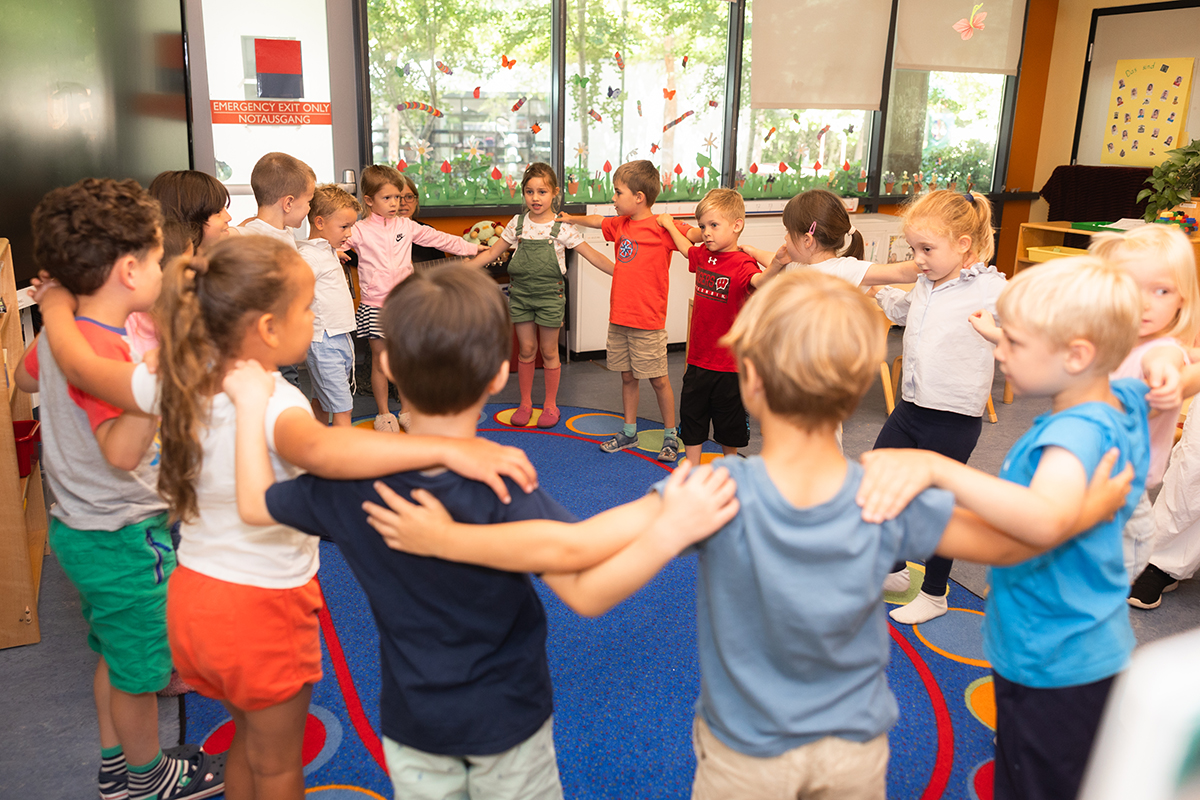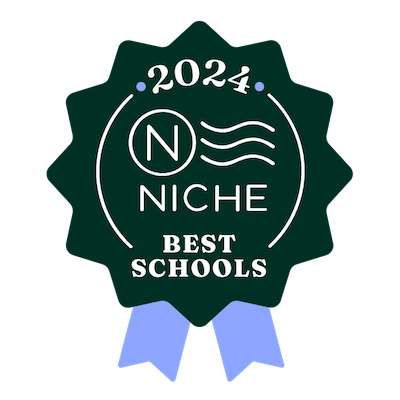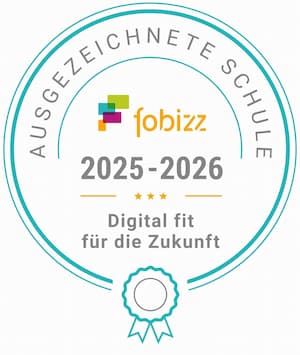Regular Schedule
TUESDAY, MARCH 3, 2026
Die GISW richtet sich nach dem regulären Stundenplan. Die Schule öffnet pünktlich.
........................................................................
GISW operates on a regular schedule. The school opens on time.
An Introduction to the School Entry Level
The School Entry Level (SEL) for our 5-year-old students isn't exactly equivalent to the "Kindergarten" level in the American school system, despite it being for the same age group. The approach to learning is different as described below. The School Entry Level forms a bridge from Preschool to first grade. The School Entry Level is part of our Elementary School that goes from SEL through Grade 4.
This year prepares students for the requirements of first grade by familiarizing them with the basic concepts necessary for success in reading, writing, math and science. Music and rhythm classes, physical education and art are additional focuses of the German immersion program at our SEL.


Children learn best through play, experience and encounter. Concepts of Language, Math, Science, Music and Arts are being introduced in an interdisciplinary way during the day through age appropriate topics. Each unit emphasizes the learning areas equally and subsequently giving students the opportunity to pick up and/or continue to develop a topic further according to their individual preferences for play or desire for academically more challenging tasks.

In math, students will acquire basic math concepts, learning the numbers 0 through 20. At the same time, they are introduced to concepts such as comparing, classifying, sorting, quantities, as well as shapes and patterns. Students become familiar with the numbers and concepts without any pressure to reproduce them in writing.

The letters of the alphabet are introduced as the basis for reading and writing. Students learn what each letter looks like and how it sounds phonetically. An alphabet book will be assembled containing a craft activity specifically related to each letter, which simultaneously teaches students to follow instructions and improve their fine motor skills.
Phonological awareness as the basis for reading will be developed systematically. The ability to discern nuances of language will be promoted through rhymes and alliterations. Students have the opportunity to practice writing letters and numbers by using diverse materials and different media. Through carefully selected types of literature and books as well as student-initiated texts and booklets, they experience writing as a communication tool. Language games and opportunities are integrated into daily communication in such a way that students are unaware of their continuous growth and development in their own language.

Science promotes little explorers through select age appropriate topics such as life cycles, simple experiments, plants, magnets, gravity, light, etc. Activities include the observation, following, and description of scientific phenomena over time, the development of hypotheses and verification techniques for those through experiments. These also stress the documentation of outcomes through the use of pictures as a tool for communication. Language development is, again, a central focus.

Music aims to train and promote the students’ hearing and the development of music appreciation. The connection between music, rhythm and movement reinforces our students’ understanding of sound, and combines multiple learning opportunities that include basic reading and writing acquisition. Music awareness stimulates a child’s development in many ways and stirs greater appreciation for music as an important art form.

Art Education allows students to encounter and experience the world of shapes and color. Through the introduction of diverse materials and techniques, our students’ individual creativity will be engaged and promoted. We will introduce our students to famous artists and masterpieces, thus developing a basic appreciation for human expression through art. Discussions of details the students see and hear, will further enrich their language development.

A broader, yet very important goal for the SEL is to develop each student’s social and emotional competencies. These competencies include working independently, self-reliance, endurance and perseverance, learning interest and motivation, and German language development, both as a native language and as a second language.
Teachers work with students to help them develop self-confidence and the ability to express their thoughts and feelings appropriately. They are taught to respect diversity of thoughts and opinions, and to respond appropriately to it through language. This will lead to the students recognizing and copying appropriate classroom behavior.
The teacher’s role is that of a facilitator and role model. Whether through acting by example or role play, through small group activities or with the entire class, the teacher offers opportunities to see, hear and describe as well as practice appropriate behaviors. The teacher’s goal is to demonstrate good behavior and offer and provide opportunities for the students to improve their own behavior without fear.

In addition to our curriculum, the School Entry Level plans activities that are related to the current topic. In the past these field trips included:
Field Trips:
- Butler's Orchard
- Red Wiggler Community Farm
- National Gallery of Art
- Heidelberg German Bakery

- St. Martin - lantern walk
- St. Nicholas
- Christmas
- Carnival
- Easter
bb
Sign up for a Tour or a Shadow Day
You are invited to arrange for your child to visit us and to talk with the teachers, the coordinator as well as the principal.
Contact Information:
Director of Enrollment Management: Jeannette Dubrey
admissions@giswashington.org
We look forward to meeting your child and your family! Please share your information with us through our inquiry form.









